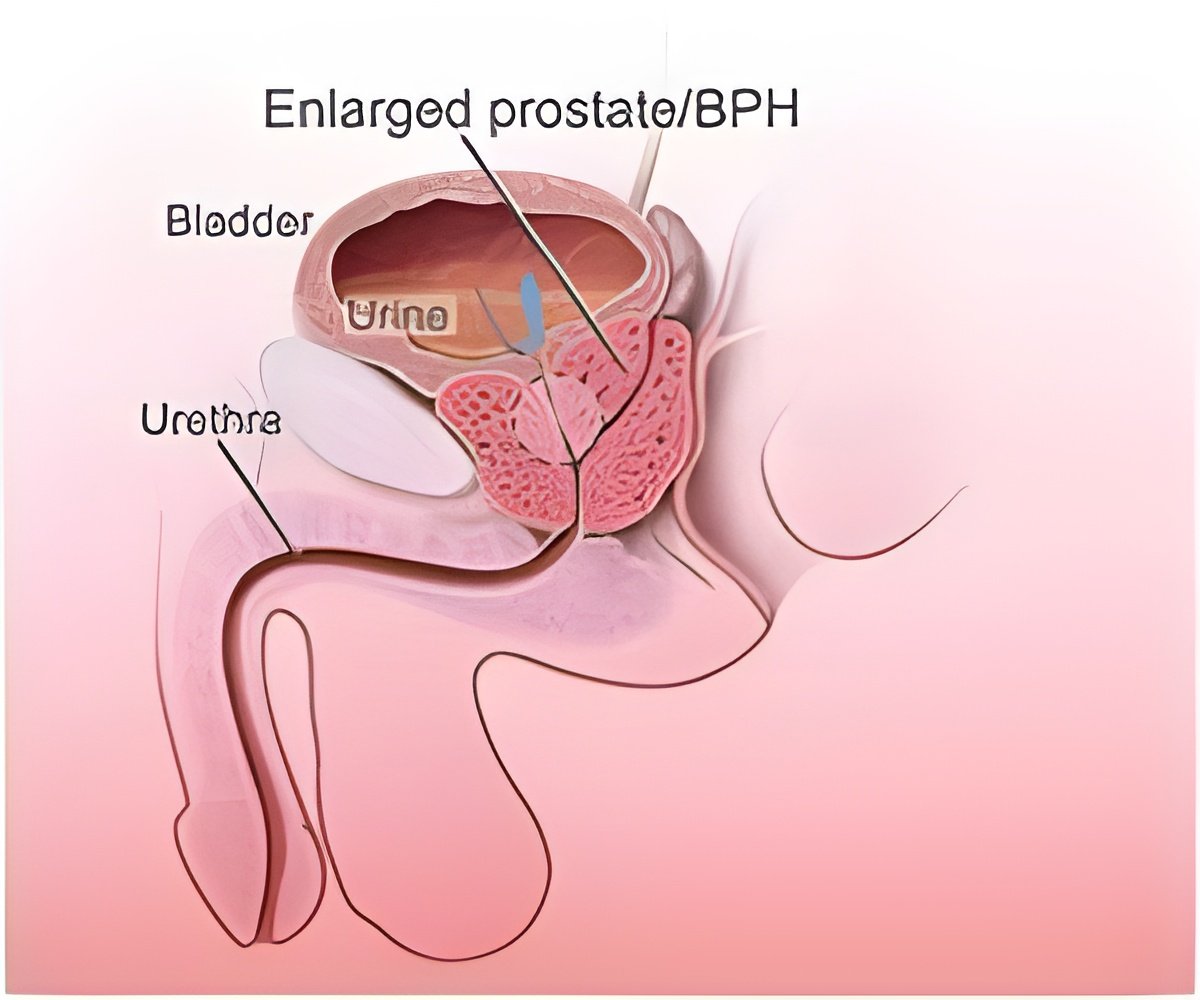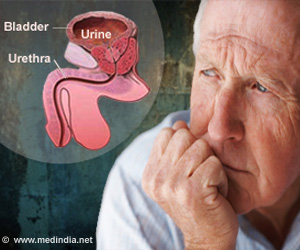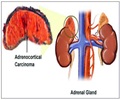No major difference in outcome in men getting testosterone supplementation who also got dutasteride a drug usually used to treat an enlarged prostate gland.

Shalender Bhasin, M.D., of the Boston University School of Medicine and Boston Medical Center, and colleagues conducted a study to determine whether the effect of testosterone on muscle mass strength and sexual function are outcomes lessened when its conversion to DHT is blocked by dutasteride (an inhibitor of 5α-reductase type 1 and 2). The study was a randomized controlled trial of healthy men, ages 18 to 50 years, comparing placebo plus testosterone enthanate with dutasteride plus testosterone enanthate from May 2005 through June 2010. A total of 139 men were randomized; 102 completed the 20-week intervention. Eight treatment groups received 50, 125, 300, or 600 mg/wk of testosterone enanthate for 20 weeks plus placebo (4 groups) or 2.5 mg/d of dutasteride (4 groups).
The researchers found that the changes in fat-free mass were related to testosterone dose and changes in testosterone concentrations in the placebo and dutasteride groups but did not differ between groups. There was no significant interaction between testosterone dose and randomization to dutasteride or placebo. Thus, the effects of testosterone on muscle mass did not differ between the dutasteride and placebo groups, who had very different DHT levels.
The average fat-free mass gained by the dutasteride groups was 0.6 kg (1.3 lbs.) when receiving 50 mg/wk of testosterone enanthate, 2.6 kg (5.7 lbs.) for 125 mg/wk, 5.8 kg (12.8 lbs.) for 300 mg/wk, and 7.1 kg (15.7 lbs.) for 600 mg/wk. The average fat-free mass gained by the placebo groups was 0.8 kg (1.8 lbs.) when receiving 50 mg/wk of testosterone enanthate, 3.5 kg (7.7 lbs) for 125 mg/wk, 5.7 kg (12.6 lbs.) for 300 mg/wk, and 8.1 kg (17.9 lbs.) for 600 mg/wk.
"Changes in fat mass, muscle strength, sexual function, prostate volume, sebum [a secretion of a gland] production, and hematocrit [the proportion of the blood that consists of packed red blood cells] and lipid levels did not differ between groups," the authors write.
"The finding that 5α-reduction of testosterone to DHT is not obligatory for mediating its effects on outcomes that were studied in this trial has implications for therapeutic applications of androgens and 5α-reductase inhibitors. These findings bode well for the safety of 5α-reductase inhibitors with respect to their effects on muscle," the authors write. "Our data also predict that efficacy of 5α-reductase inhibitors may be limited in men with normal or high testosterone concentrations; therefore, measurement of testosterone levels might be useful in identifying men less likely to respond to 5α-reductase inhibitors."
Advertisement
Editorial: The Role of 5α-Reductase Inhibition in Men Receiving Testosterone Replacement Therapy
Advertisement
"The main clinical message from the study by Bhasin et al is that for patients receiving exogenous testosterone, the gain in muscle mass was not affected by concurrent 5α-reductase inhibition. Because the study was not powered to detect differences in other clinically important outcomes, conclusions regarding changes in fat mass, muscle strength, hematocrit level, sebum production, or serum lipid levels resulting from these drugs cannot be definitively made. Future studies should address these important secondary outcomes, and by doing so, will provide clinicians with additional useful information to better understand the risks and benefits of 5α-reductase inhibition and testosterone replacement therapy."
Source-Eurekalert














